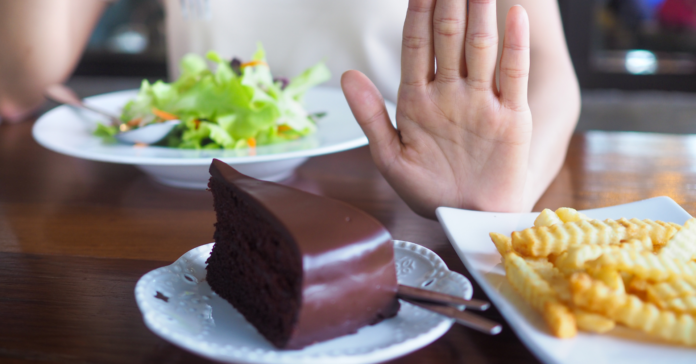Before going to bed, you may nibble on a ‘light snack’ to prevent hunger pangs in the middle of the night. While you work hard to stay asleep, you toss and turn for hours and wonder if it’s something you ate. The truth is that certain foods, even healthy foods, can disrupt your sleep and mess up your digestion. In the following article, discover which food types you should avoid that can disrupt your sleep.
1) Fried foods
Do not indulge in late-night munchies at the drive-thru. Behavioural sleep therapist Dr Richard Shane says that greasy, fatty foods digest slower than protein and carbs, so when you try to fall asleep, your body will still be busy digesting, he says. “You don’t want the engine of the digestive system cranking away when the rest of your body is trying to go to sleep,” he says.
2) Hot sauce
It is important to avoid spicy foods before bed for two reasons. Among other things, they can irritate the stomach and cause heartburn, preventing you from winding down for sleep. This interaction also promotes the release of histamines into the body, which promotes wakefulness.
3) Alcohol
Drinking a glass (or two) of red wine before bed might make you sleepy, but you won’t get good quality sleep. After your head hits the pillow, your liver is still hard at work removing alcohol from your body. Your liver is connected to your heart, so you awaken when your heart beats faster. Your pounding heart will make it difficult to drift back to sleep once you emerge from dreamland.
4) Chocolate
Although you probably wouldn’t drink coffee before bed, it’s not the only source of caffeine. A square of chocolate contains 23 milligrams of caffeine or a quarter of a cup of coffee.
5) Coffee
Although this isn’t a surprise, it’s important to know that you shouldn’t drink coffee within two hours of going to bed. When it comes to caffeine, the general rule is no later than early afternoon. Try decaf or half-caf if you are looking for a mid-afternoon sweet fix.
6) Water
In most cases, extra hydration is a good thing. In the lead-up to bedtime, however, you might want to reduce your liquid intake to avoid getting out of bed to use the toilet. Keep your body hydrated by drinking enough water throughout the day and even at dinnertime. Don’t go to bed thirsty, and drink a lot of water before going to sleep.
7) Workout helpers
Caffeine is commonly found in sports shakes and snacks to boost athletes’ performance. You should avoid taking them close to bedtime and check the label of your protein shake after your workout to ensure there is no caffeine in it. Make sure the workout drinks you’re eating before bed are post-workout drinks, not pre-workout drinks, which are highly caffeine- and stimulant-loaded.


